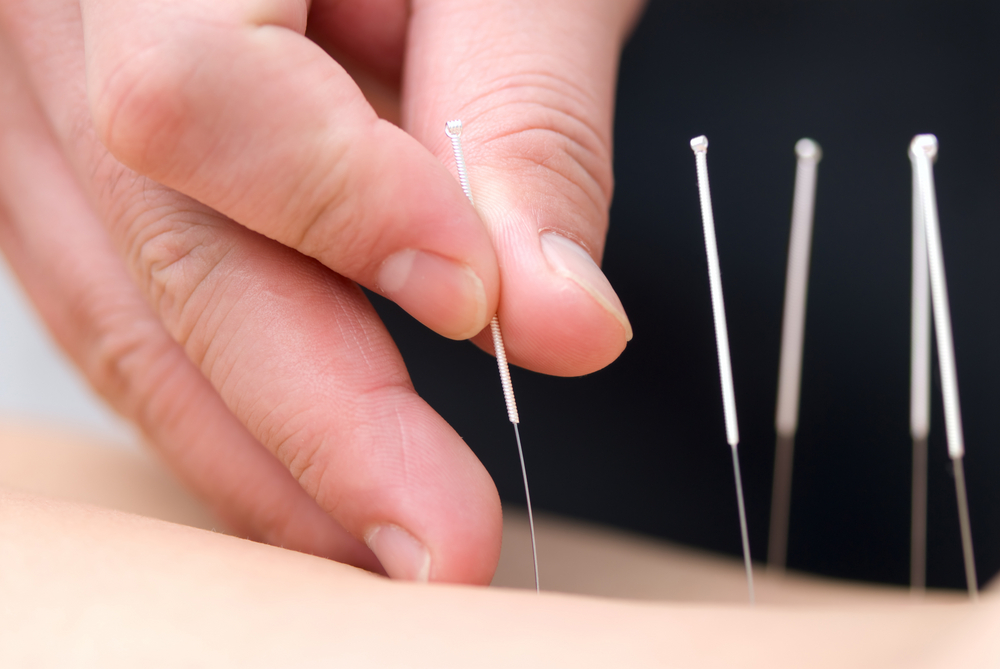Active Compounds in Coffee
Coffee contains a variety of active compounds, such as caffeine, chlorogenic acid (CGA), cafestol, trigonelline, and kahweol. These compounds work together to create the unique effects of coffee. While decaffeinated coffee has little to no caffeine, it still retains many of these beneficial compounds studies suggest that these components possess potent antioxidant and anti-inflammatory properties that are beneficial for human health. Experts believe that these compounds may explain why drinking coffee—whether regular or decaf—is often linked to a reduced risk of diseases like type 2 diabetes, heart disease, and even certain types of cancer.
Summary:
Coffee contains active compounds with significant antioxidant and anti-inflammatory effects, which may help reduce low-grade inflammation and provide protection against certain diseases.

Effects of Coffee on Inflammation
Current research suggests that coffee may help reduce inflammation, at least in some individuals. One study found that regular coffee drinkers had lower levels of inflammatory markers compared to non-regular drinkers. In another study , regular coffee drinkers showed a 6% increase in inflammatory markers when they stopped drinking coffee for one month. However, they experienced an 8-16% reduction in these markers when they consumed 32 or 64 ounces (0.9 or 1.9 liters) of coffee per day during the same period. Additionally, a review of 15 studies on the effects of coffee, caffeine, and other coffee components on inflammatory markers found that low, medium, and high coffee intake all had predominantly anti-inflammatory effects. Still, some evidence suggests that coffee may increase inflammation in some individuals, indicating that genetic or other factors might influence how coffee affects inflammation.
If you experience frequent infections, persistent fatigue, pain, or digestive issues while drinking coffee, consider reducing your intake to see if it helps source .
Summary:
Most people may experience reduced inflammation from drinking coffee. However, some individuals may see an increase in inflammation. If this applies to you, consider reducing your coffee intake.

Does Decaffeinated Coffee Have the Same Effect?
There aren’t many studies comparing the effects of caffeinated and decaffeinated coffee on inflammation. However, a review found that while coffee generally tends to reduce inflammation, caffeine supplements do not seem to offer the same effects. This suggests that compounds other than caffeine in coffee may be responsible for its anti-inflammatory effects. Decaffeinated coffee retains the same beneficial compounds as regular coffee, except for the caffeine source . Therefore, it is likely to offer similar anti-inflammatory benefits as regular coffee. However, more research is needed to confirm this.
Summary:
Decaffeinated coffee is likely to have the same inflammation-lowering effects as regular coffee, but more studies are needed to confirm this before any definitive conclusions can be made.
The Bottom Line
Coffee is one of the most popular beverages worldwide and is rich in antioxidants and other beneficial compounds. Research suggests that drinking coffee—even in small amounts—may help reduce inflammation, which in turn may lower your risk of conditions like type 2 diabetes, heart disease, and possibly certain types of cancer. However, coffee may increase inflammation in some individuals. If you suspect this applies to you, consider reducing or limiting your coffee intake to evaluate whether doing so improves any of your inflammation-related symptoms.










